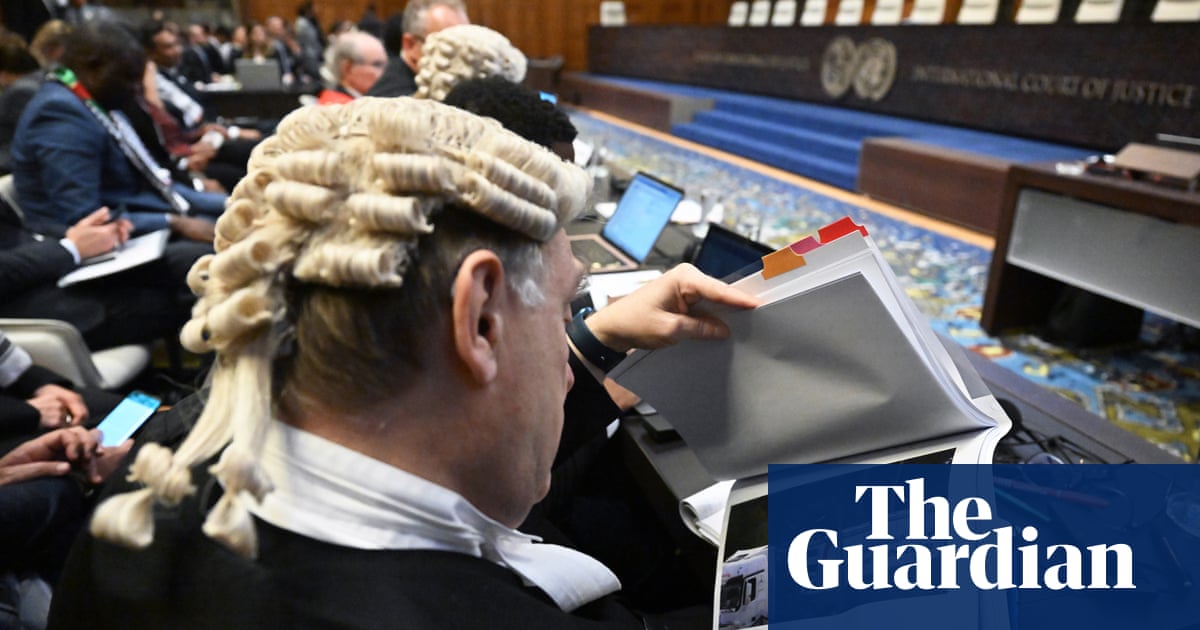
e have a lot to say about eating food right now for a culture whose cuisine essentially boils down to “can I put the word ‘pudding’ on the end of it?” Black pudding. Yorkshire pudding. Steak and kidney pudding. This is a country where we consider the detritus from a deep-fryer as a fun treat that deserves its own name (“scraps”). This is a country where haute cuisine is splaying open a bag of Scampi Fries in front of a warm pint of ale with the hearty offer to “dig in”. Our food is awful, and we still refuse to give it to the children.
Quick recap: the Tories voted against extending free school meals to children in England during holidays until Easter 2021. In other words, it’s been a fretful week of worrying whether choosing to deprive children of lunch during holidays is “fundamentally evil” or “savvy conservative fiscal policy”, and frankly the fact that we’ve managed to get through it without calling an election or forcing some sort of referendum (Nigel Farage ceremonially floating down the Thames on a freight ship full of pink custard, shouting “NONE OF THIS FOR YOU” at local schoolchildren that have been assembled on each bridge) seems like blessed relief.
Tory MPs have responded to the national outcry by focusing instead on every historical instance of someone being rude to them, starting with a formal letter to Keir Starmer about Angela Rayner; and evolving elegantly towards the tweet by even-he-was-surprised-he-got-in representative for Birmingham Northfield Gary Sambrook, which many would argue is the high point of literature and human culture thus far. “Apparently if you disagree that vouchers is the only way to solve poverty this is what happens,” he said, alongside a photo of graffiti that read: GARY SAMBROOK EATS BIG DINNERS and SCUM. “Cellar door” had a good run as the high point of phono-aesthetics but I think we can all agree “Gary Sambrook Eats Big Dinners” is now the most perfect sentence ever written. I have said as much in an email to the Louvre, which is interested in replacing its puny little Mona Lisa with this section of wall.
Before some new-to-the-game Tory councillor sees this article and sends me a prim response via the medium of an open letter on their town’s local Facebook page, I do recognise that the issue is slightly more complex than “feed children”/“do not feed children”. The overarching argument here is that feeding hungry children is somehow too straightforward and obvious, and that the better way to attack the immediate poverty of “I’m quite hungry, could I possibly eat something please?” is actually to filter money through councils (which the Tories have spent the past 10 years defunding through austerity) or to let them survive on universal credit. There are better ways to feed children beyond just feeding children, 322 MPs argue, it’s just you lot aren’t clever enough to see them.
I’m sure there’s some logic in this, somewhere, if you squint at the Magic Eye poster for long enough and turn it upside down enough, it’s just – on the surface – it really does actually seem as simple as, “Shall we feed children? Well the nays have it”, and that’s what’s so baffling about the whole thing. Over the summer, extending the free school meals scheme cost an estimated £126m (about one-and-a-half Big Ben restorations), and after a few months spent watching the Treasury spray out furlough money, spend actual billions on a failing test and trace system and give us all a Wagamama discount, it does really seem like giving lunch to children was a fairly easy PR win that has been instead turned, via that dreadful alchemy this country excels at, into the practice of telling other people how to live.
I’m referring, of course, to the small-but-vocal minority online trying to solve child poverty with clever, dreadful recipes and fond false-memory nostalgia for making second world war rations last. “Buy a whole chicken from Aldi for £2,” one now-deleted tweet read yesterday. “Roast it for Sunday lunch. Make chicken sandwiches for the following day. Stew the bones, produce a stock, add sweetcorn & dried noodles for a tasty soup. 3 tasty meals for less than a fiver.” Where in the budget is there room for the sweetcorn, bread, butter, noodles, energy to roast a chicken for an hour-and-a-half, bus fare to Aldi and back, clothes for the children eating the sandwiches, shoes for the children eating the sandwiches? Eh, figure it out. Someone else suggested the recipe of a simple 14p egg, boiled for two minutes. I suppose one way of resolving child poverty is to poison the poor ones until they die, but I personally think we should keep that as plan B, behind just feeding them in the first place.
This always happens whenever the diets of the poor and working poor come up, because comfortably well-off people are driven by this strange conviction in their heads that they would be amazing at being in poverty. Calculating the cost-per-egg would make sense if you subtract every other aspect of economic reality, but even if this advice is doled out to be altruistically helpful, it’s likely to shame every parent struggling to make ends meet who isn’t using the time they don’t spend working to roast a chicken and boil 25% of an egg. If you choose to tactically ignore scurvy, it’s entirely possible to survive grimly on a 24-pack of Aldi wheat bisks and a dribble of tap water. But it would be nice to think that the sixth-largest economy in the world could offer England’s 1.4 million disadvantaged children something a little better than that.
• Joel Golby is a writer for the Guardian and Vice, and the author of Brilliant, Brilliant, Brilliant Brilliant Brilliant












